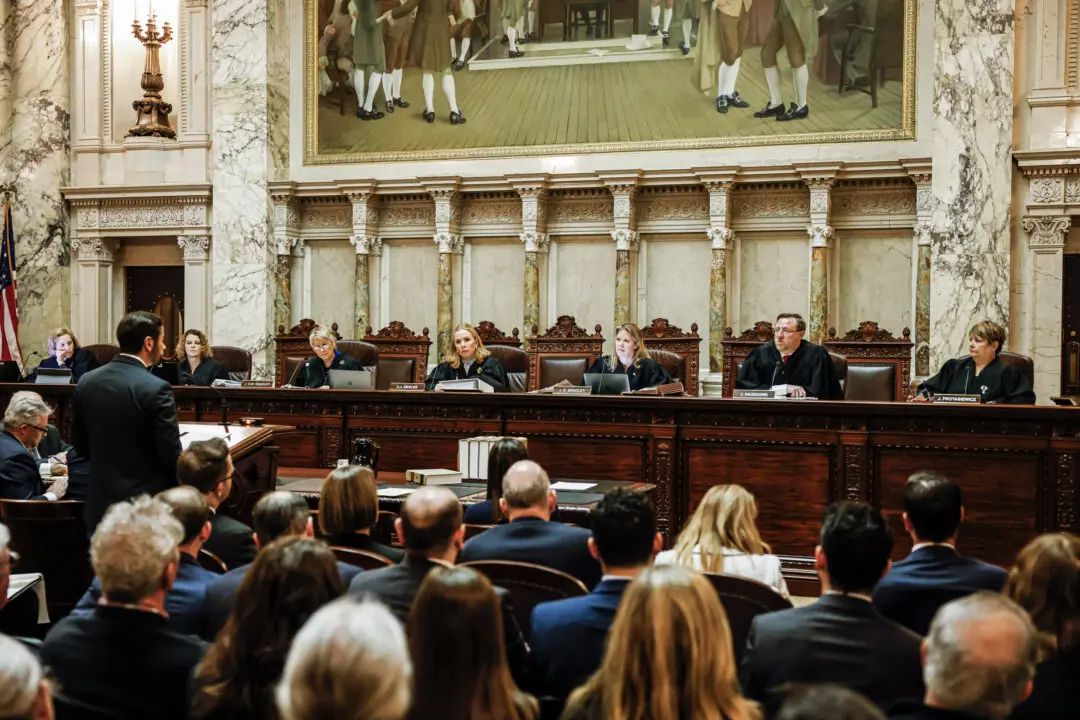A Wisconsin Supreme Court justice announced Thursday she won’t be seeking reelection, potentially throwing the state court’s liberal-leaning majority in jeopardy.
Justice Ann Walsh Bradley, 73, has been on the state’s highest court since 1995 and was reelected twice in that time period—having last been reelected in 2015. Her statement confirmed that her time on the bench will end in July 2025.





